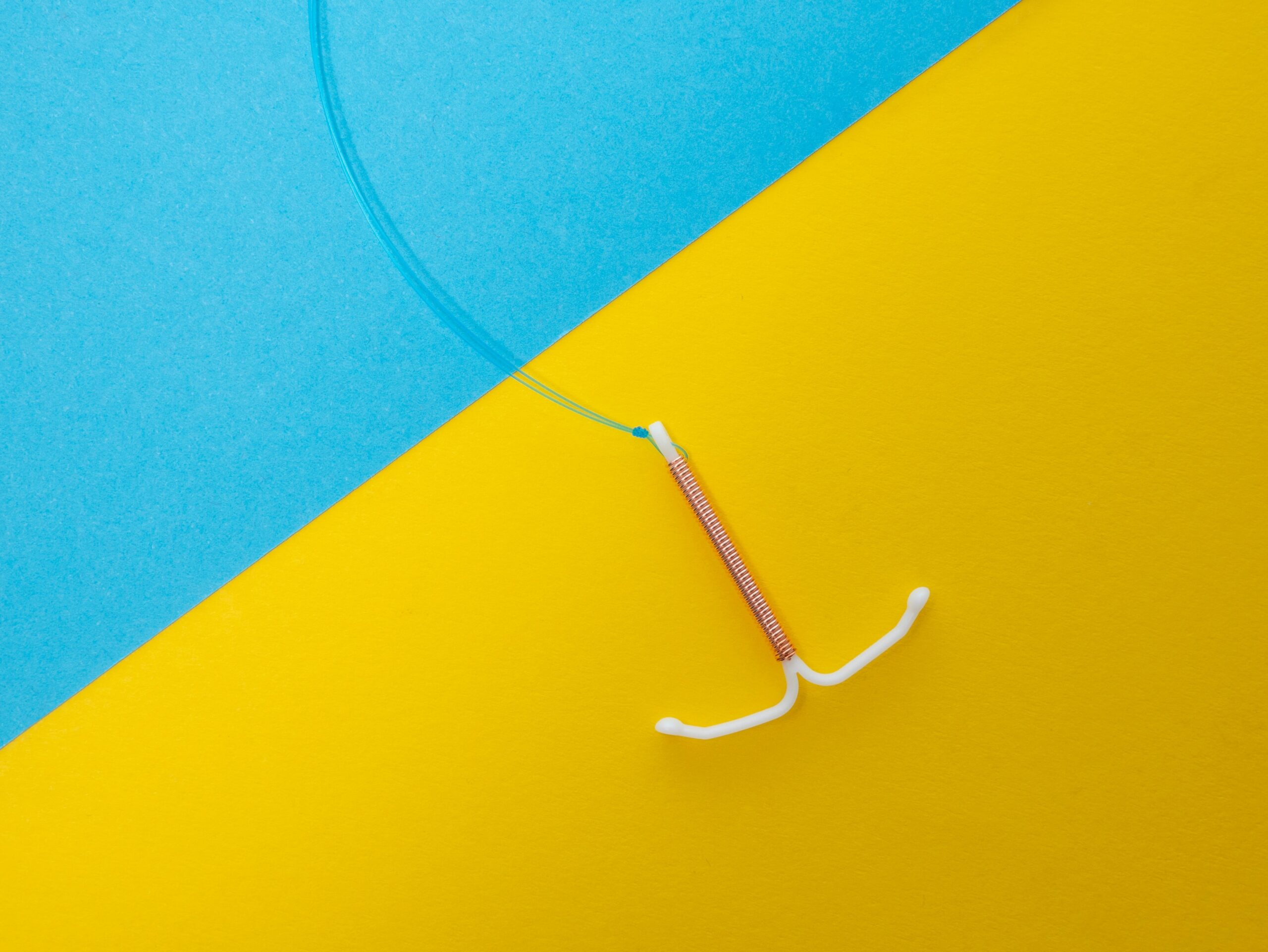When it comes to birth control, we are fortunate to have many safe and effective choices. The IUD or intrauterine device is among the long-term birth control options because it gets inserted into the uterus. But is it right for you?
Let’s explore the IUD birth control options so you can have a productive conversation with your partner and your OBGYN.
Overview of IUDs
The first thing you need to know is that an IUD is a small device that typically offers 99% effectiveness in preventing pregnancy. Plus, once it is inserted into the uterus, it can remain in place and effective for 3 to 10 years. The length of time it can stay usually depends on the brand.
There are two types of IUD-progesterone and copper. Progesterone IUD brands include Mirena, Skyla, Kyleena, and Liletta. They release varying amounts of hormones to help prevent pregnancy by thinning the uterine lining and thickening the cervical mucus. Paragard is a copper-based birth control IUD, offers effective birth control without hormones. The copper creates a reaction that is toxic to sperm. Review these brands of IUDs and discuss the pros and cons of these different types with your OBGYN to find your fit.
Like all birth control, there may be side effects to an IUD. It is common to have irregular bleeding for the first few months. You may also experience headaches, nausea, and acne. After the first few months, these side effects may disappear. There is a rare chance that the IUD will migrate or perforate the uterus. It may also be expelled by your body.

Am I a Candidate for an IUD?
A progesterone IUD can be especially helpful for women who have heavy menstrual bleeding, cramping, or endometriosis. You will need to talk to your OBGYN about any unusual vaginal bleeding to make sure the cause is known prior to an IUD.
One of the benefits of the IUD is that it is effective immediately after insertion. So, if you have trouble remembering to take pills or use other birth control methods, it could be a good choice for you. However, it does not prevent sexually transmitted infections or diseases, so condoms should still be used.
Large uterine fibroids can interfere with the placement of an IUD, so women with fibroids may not be the best candidates for the IUD.
Other conditions and previous pelvic infections can also indicate that the IUD is not the best option for you. Talk with your doctor about all of your conditions and medications.
An IUD can be inserted by your OBGYN anytime. Following childbirth, it is recommended you wait a few weeks to have one put in, as that can increase the chance of expulsion or perforation.
Talk to Your OBGYN
If you would like a low-maintenance, effective, long-term birth control option, the IUD could be right for you. It can prevent pregnancy for three years or longer with little thought, and it can have other benefits, too. Think about your plans and your health, and discuss this option with your OBGYN.


